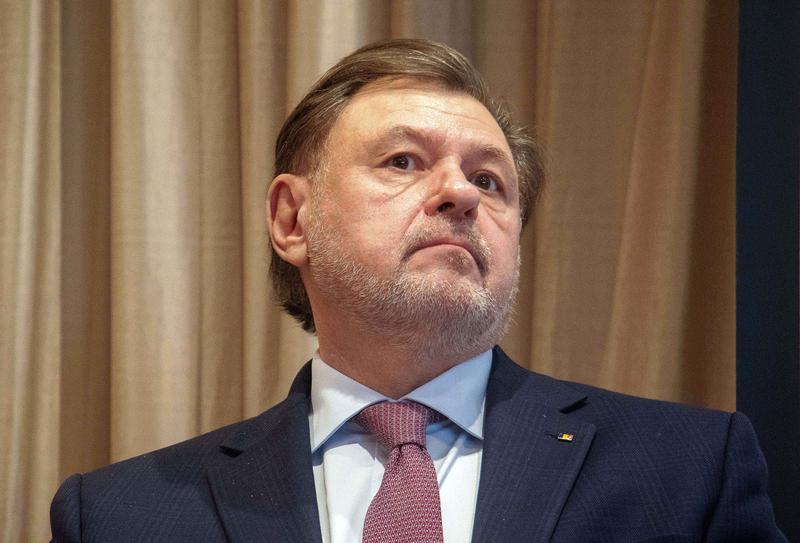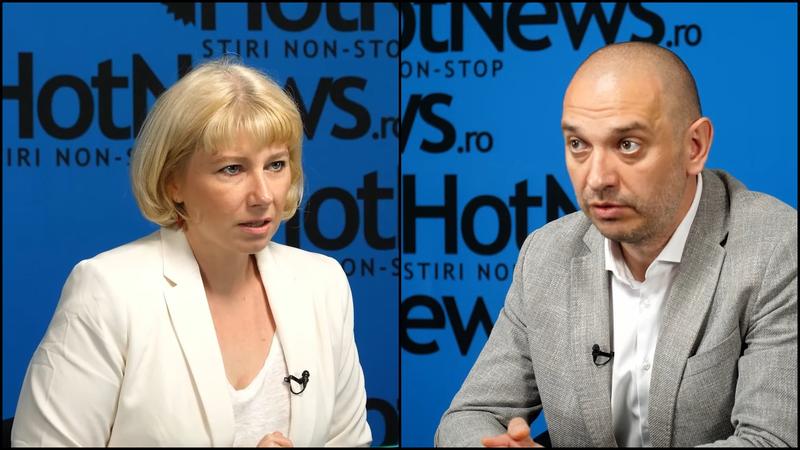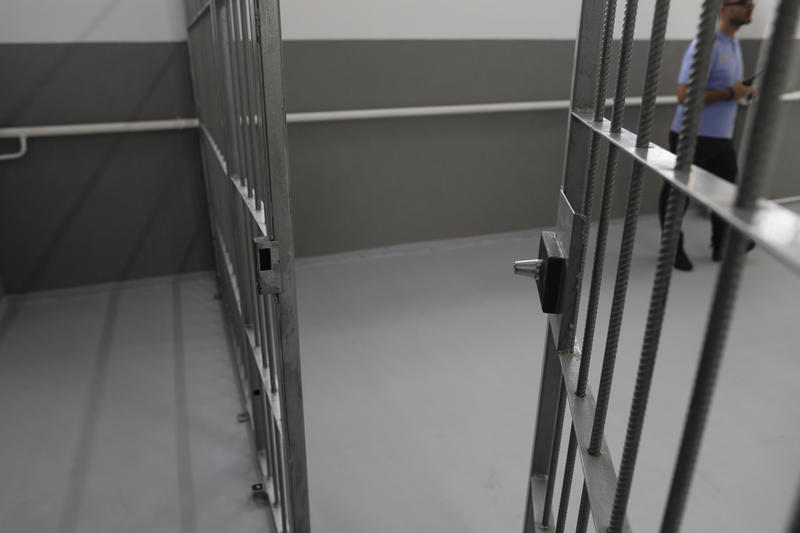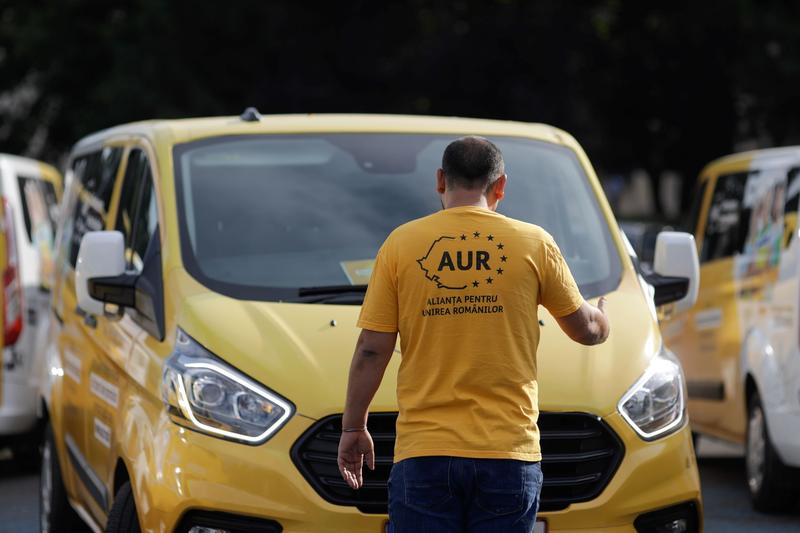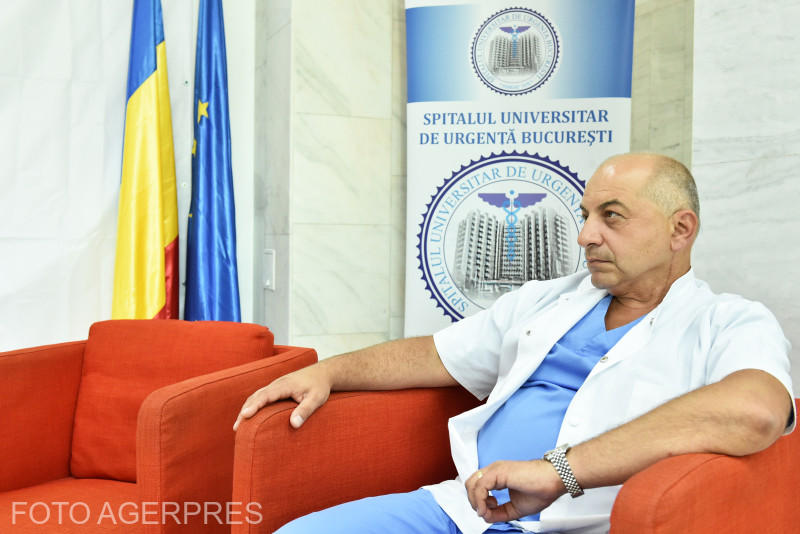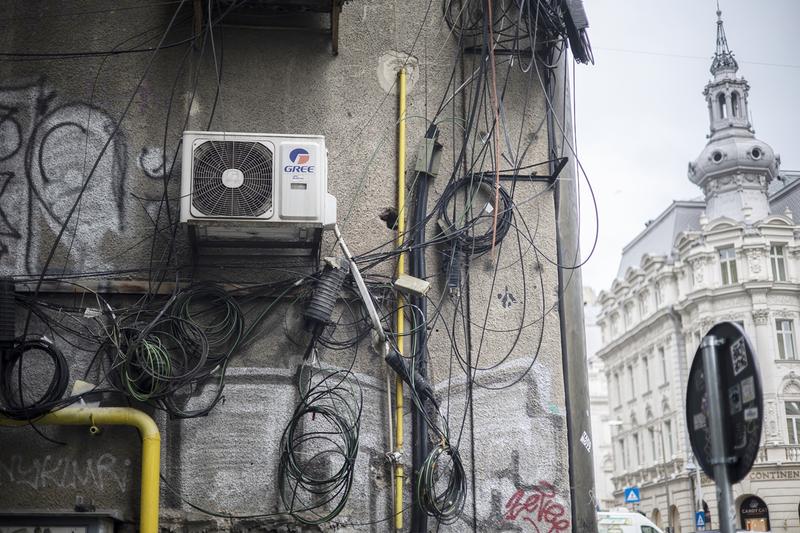Over 880,000 Romanian children suffer from mental health disorders according to WHO. Elsewhere in the news, for the first time in the Romanian post-Revolution history, two people have been arrested for electoral bribing. Further in the news, Romanians are being mugged with the gas bill. Last but not least, an increase in the VAT in Romania and the Czech Republic is imminent, financial experts say.
Over 880,000 Romanian children, namely 20%, suffer from mental health disorders, Cotidianul reads. Anxiety, attention deficit and depression are the top three affections, according to the World Health Organisation (WHO). "In case of social anxiety, children are afraid to go to school and, especially, to get a bad mark. In case of generalised anxiety, minors are afraid of being beaten, are afraid for their parents' health, but also for their parents' financial situation.
Depressive disorders are more serious, when children have negative perception towards their own self and feel incapable to face various situations at school or at home. The major cause of depression is the parents and teachers' excessive critics", psychologist Domnica Petrovai from the Romanian National Centre for Mental Health from the Health Ministry explained.
The organisation Save the Children cut the red tape on Thursday for a Centre for emotional and behavioural education for children in Bucharest. The centre will offer free psychotherapy services for under-aged and will run programmes for social and emotional abilities development for children, and support groups and educational programmes for parents.
For the first time in the Romanian post-Revolution history, two people have been arrested for electoral bribing, Adevarul reads. Stelica Curt (51) and Pierre Curt (42) from Giurgiu (South) were paying citizens 30 lei not to come to the presidential polls on November 22. But an unpaid voter turned them in. Both of them are part of a clan that controls Ghizdaru neighbourhood.
Pierre was vice-president of voting section no. 13 and he allegedly had access to the voters' lists. They paid people to sign the lists and write down their ID details. Using them, they were voting themselves instead of the people convinced to stay home. They managed to buy 20 "absences" before they were discovered and the first electoral bribing mandates were signed by the prosecutor. Pierre has just graduated law school, while Stelica is not facing his first conviction.
Romanians are being mugged with the gas bill, Cotidianul reads. The Boc Cabinet allowed for industrial consumers to access Romanian natural gas, which sells with 160 dollars for one thousand cube meters, while people are forced to consume Russian gas, which is being sold to Romanian citizens with 280 dollars for the same quantity.
The Executive approved an emergency ordinance in summer, over five months, followed by President Basescu approving a law in November, extending the Cabinet's measure until October 2010. Up to this summer, 40% of the gas bill represented the Romanian price and 60% - the Russian price. But the new regulation has the citizens paying for everything that is being imported, while the industrial consumers pay solely the lower Romanian gas price.
This is a breech in the Gas Law, which reads that all consumers have the right to be supplied the same gas scheme. Experts say that Romanians have paid 150 euros each more than they should have to warm up their houses and cook. According to PM Boc, the measure helps the chemical fertilisers industry, which needs 2.5, 2.8 billion cube meters/year and 70% of its production costs pays for the gas bill. Someone who certainly welcomes the Boc Cabinet measure is the ex-Securitate (communist intelligence) officer Ioan Niculae, the second richest Romanian, who patrons over several chemical fertilisers producers in five counties.
Increasing the VAT in Romania and in the Czech Republic is imminent, say several financial experts interviewed by German financial institute ZEW in partnership with Erste Bank, Gandul reads quoting Romanian news agency Mediafax. They believe the two countries will manage to reduce the budget deficit by the end of next year. 20% of the respondents taking part in the survey believe that Romania and the Czech Republic will resort to raising the VAT in the period to come.
The participants were ask to give their opinion on the measures taken by Bulgaria, Croatia, the Czech Republic, Hungary, Poland, Romania, Serbia, Slovakia and Slovenia to reduce their budget deficit. Privatising state actives, increasing the VAT and reducing public spending are the most common measures, the opinions read in the ZEW and Erste report.
